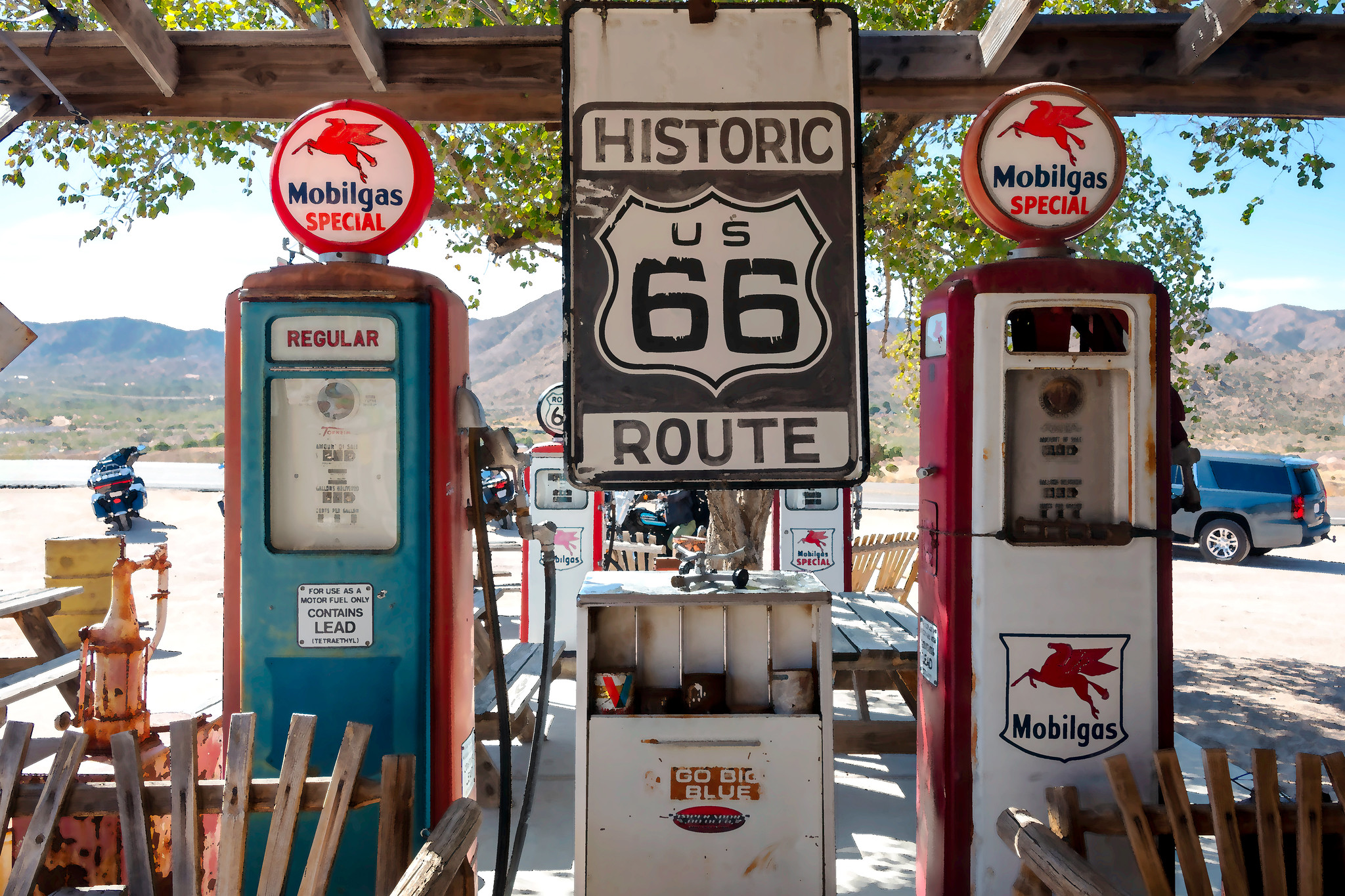As all of you know and understand, it’s not just that the temperature of the planet is a little warmer every year, it’s all of the associated impacts that we are experiencing more and more frequently – whether heat waves and fires, floods and landslides, droughts and crop failure… this is a long list that is affecting people around the Earth. For many living in rural or wooded areas, it may also be a cancellation or a huge increase in your fire insurance policy premium. Perhaps not surprisingly, the insurance companies aren’t questioning global climate change. They are paying out for the impacts and changing their coverage and premiums in response.
Our offshore ocean also continues to get warmer and April marked the 13th consecutive month when global sea surface temperatures broke records. For surfers, swimmers and all of the others, a warmer ocean may sound like good news. But this isn’t the case for the tropical waters of the planet. The most obvious impact is on coral reefs. This warmer ocean has brought about the fourth major coral bleaching event in recorded history. Bleaching is a process that we don’t completely understand but occurs when the algae that form a partnership or symbiotic relationship with the coral polyps are cast off, leaving a white, bleached coral skeleton. Sometimes reefs recover, sometimes they do not. The latter is bad news.
Directly connected to the continued warming of the planet is a report released in April by the U.S. House Committee on Oversight and Accountability and the Senate Committee on the Budget entitled: Denial, Disinformation, and Doublespeak: Big Oil’s Evolving Efforts to Avoid Accountability for Climate Change. This three year-long investigation focused on ExxonMobil, Chevron, Shell USA, BP America, the American Petroleum Institute and the Chamber of Commerce, and provides a glimpse into the extensive efforts undertaken by the fossil fuel companies to deceive the public and investors about their knowledge of the effects of their products on climate change and to undermine efforts to curb greenhouse gas emissions.
Documents obtained by this House and Senate investigation demonstrate for the first time that fossil fuel companies internally do not dispute that they have known since at least the 1960s (over 60 years ago) that burning fossil fuels causes climate change. They then worked for decades to undermine public understanding of this fact and to deny the underlying science. Big Oil’s deception campaign evolved from explicit denial of the basic science underlying climate change to deception, disinformation, and doublespeak.
The fossil fuel industry has relied on trade associations to spread confusing and misleading narratives and to lobby against climate action. Fossil fuel companies use trade associations, think tanks, and other organizations to influence public policy proposals and messaging, including the American Petroleum Institute and the Chamber of Commerce, as well as the Oil and Gas Climate Initiative, Natural Gas Supply Association, and Western States Petroleum Association. Emails between fossil fuel executives and these groups demonstrate how the companies influenced and leveraged the associations and other organizations to control their messaging and used them to lobby for unpopular proposals that they did not want to be associated with.
The fossil fuel industry even strategically partners with universities to lend an aura of credibility to its deception campaigns while also silencing opposition voices. Fossil fuel companies establish funded partnerships with academic institutions to enhance their credibility, shape academic research programs to provide studies supportive of a prolonged life for oil and gas, leverage the resulting research to their advantage, and bolster access to policymakers. New documents reveal previously unknown funding levels and show how companies conditioned their funding on academics’ cooperation and alignment with companies’ business needs. Additional documents demonstrate that companies also actively tracked individuals and organizations critical of the industry and monitored their social media.
All six entities—Exxon, Chevron, Shell, BP, API, and the Chamber—obstructed and delayed the Committees’ investigation. Despite valid subpoenas, the entities refused to fully comply with the investigation, making baseless legal arguments and flouting longstanding congressional practices and norms for investigations. The companies further obstructed the investigation by significantly redacting or entirely withholding over 4,000 documents without any valid basis.
Last month, a former U.S. President held a dinner where he asked oil industry executives to donate $1 billion to aid his campaign to retake the White House. The meeting included executives from Exxon-Mobil, Chevron, ConocoPhillips and Continental Resources as well as from natural gas producer EQT, gas exporter Cheniere Energy, and the trade association the American Petroleum Institute (API). At the April dinner, the former president also promised to slash the Biden administration’s tax credits for electric vehicles and spend less government money developing wind power. He said the $1 billion contribution would fuel his presidential campaign, but at least some executives present believed the money would also be used to pay the lawyers defending him in various court cases.
The former president said the donations would be a “deal” for oil executives because of the tax cuts and relaxed regulations he would implement. His remarkably blunt and transactional pitch reveals how the former president is targeting the oil industry to finance his reelection bid. At the same time, he has turned to the industry to help shape his environmental agenda for a second term, including rollbacks of some of the Biden administration’s signature achievements on clean energy and electric vehicles. He told the executives that he would start auctioning off more leases for oil drilling in the Gulf of Mexico, a priority that several of the executives raised. He railed against wind power and he said he would reverse the restrictions on drilling in the Alaskan Arctic.
Vermont is on the verge of becoming the first state in the nation to enact a law forcing large fossil fuel companies to pay for damages caused by climate change. Last week, the state’s house of representatives passed the bill overwhelmingly, as had the senate earlier. The measure goes back to the senate for review and then to Governor Phil Scott, a Republican, whose pledge to veto it will likely be overridden.
(A version of this article appeared in the Santa Cruz Sentinel on May 18, 2024)
Additional Reading . . .

Michael Hiltzik : Exxon Mobil is suing its shareholders to silence them about global warming – the Los Angeles Times
You wouldn’t think that Exxon Mobil has to worry much about being harried by a couple of shareholder groups owning a few thousand dollars worth of shares between them — not with its $529-billion market value and its stature as the world’s biggest oil company. But then you might not have factored in the company’s stature as the world’s biggest corporate bully…

Denial and Deception – Gary Griggs
Earth’s temperature continues to climb to uncharted levels. Two weeks ago, NOAA announced that April was the 11th month in a row that set a new record for the highest monthly temperatures. While there are many enviable records, in sports for example, when it comes to global temperatures, this is not a record anyone wants to own. While 2023 was the hottest year on record since we began tracking temperatures nearly 150 years ago, there is a high probability based on the first four months of this year that 2024 will surpass 2023. Another statistic in which we cannot rejoice…

We Asked 380 Top Climate Scientists What They Felt About the Future – the Guardian
They are terrified, but determined to keep fighting. Here is what they said…

In Two New Studies, Scientists See Signs of Fundamental Climate Shifts in Antarctica – Inside Climate News
A steep decline of Antarctic sea ice may mark a long-term transformation in the Southern Ocean, and seawater intrusions beneath the Thwaites Glacier could explain its melting outpacing projections…








